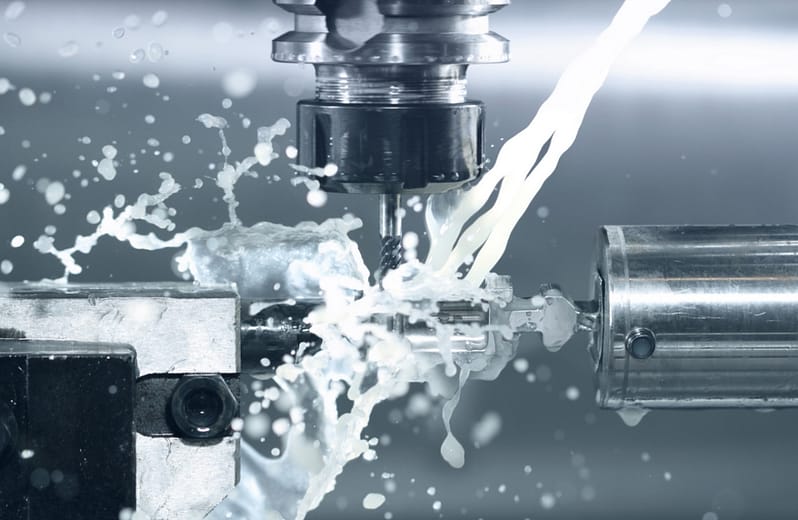Sometimes we deal with manufacturing partners that have no in-house tooling services. In those instances, we have no choice but to turn to a third party for our tooling needs, which can lead to additional uncertainty. Fortunately, a growing number of injection molding manufacturers now offers in-house tooling options. Here are several reasons why you should choose a manufacturer with an in-house tooling service:
Cost
Here’s a tip that might give you insight into which manufacturer will becheapest to partner with, even before requesting a quote: do they have in-house tooling, or do they outsource that work?
Tooling is the most important part of the injection molding process. Naturally, it’s also the most expensive, and usually the most time consuming. Choosing a manufacturer with an in-house tooling room instead of one that outsources to make their tools could save you money.
Better communication & more collaboration
Even with advanced technology, miscommunications are bound to occur, which can lead to mistakes. Errors are costly and time-consuming, as reworking a tool can cost several thousand dollars and weeks to complete.
Collaboration between engineers, tool-makers, and inspectors throughout the tool-making process will result in more accurate and higher-quality output. When all parties are under one roof it leads to improved communication and presents the opportunity for problem-solving on the factory floor.
Guaranteed Quality
The quality of components and equipment being used to produce tools can have a substantial effect on the quality of the units the tool will eventually produce.
When tooling is completed in-house, suppliers can guarantee exactly what types of materials are being used, thus, the quality of the tool.
Added value throughout the process
Manufacturers with in-house tooling options often can offer other value-adds by leveraging their design support team. Generally, support team can offer clients key insights on the process and products, and perform tasks such as a DFMA (design for manufacturing analysis) to calculate the viability of the tool design and if any changes should be made for optimal production.
Regular, in-house maintenance
Tools require regular maintenance throughout their life-cycle in order to be at peak operating performance. This maintenance includes fixing damaged tools, as well as scheduled preventative maintenance, such as regular cleaning and inspections. Clients of manufacturers with in-house tooling can enjoy shorter downtimes when compared to outsourcing. This is because preventative maintenance activities can be scheduled at opportune times, and damaged tools can be addressed swiftly. Instead of waiting for shipping time, and the possibility of an extended queue at an outsourced site, on site tool maintenance will require a much shorter time-frame.
Lifetime Value
Many suppliers with an in-house tooling room will offer to hold onto your tool after production has finished. Whenever a client returns to produce more units, the supplier will have the tools on-hand and ready for another run. This ease of access makes an in-house tooling room an incredible value-add for your investment.
Tooling is a vital step in the injection molding process, and the ease of access and flexibility of an in-house tool room will save partners time, money, and circumvent the many risks associated with depending on someone else to develop your tools. Keeping tasks in-house allows for oversight, better communication, and guaranteed quality.


